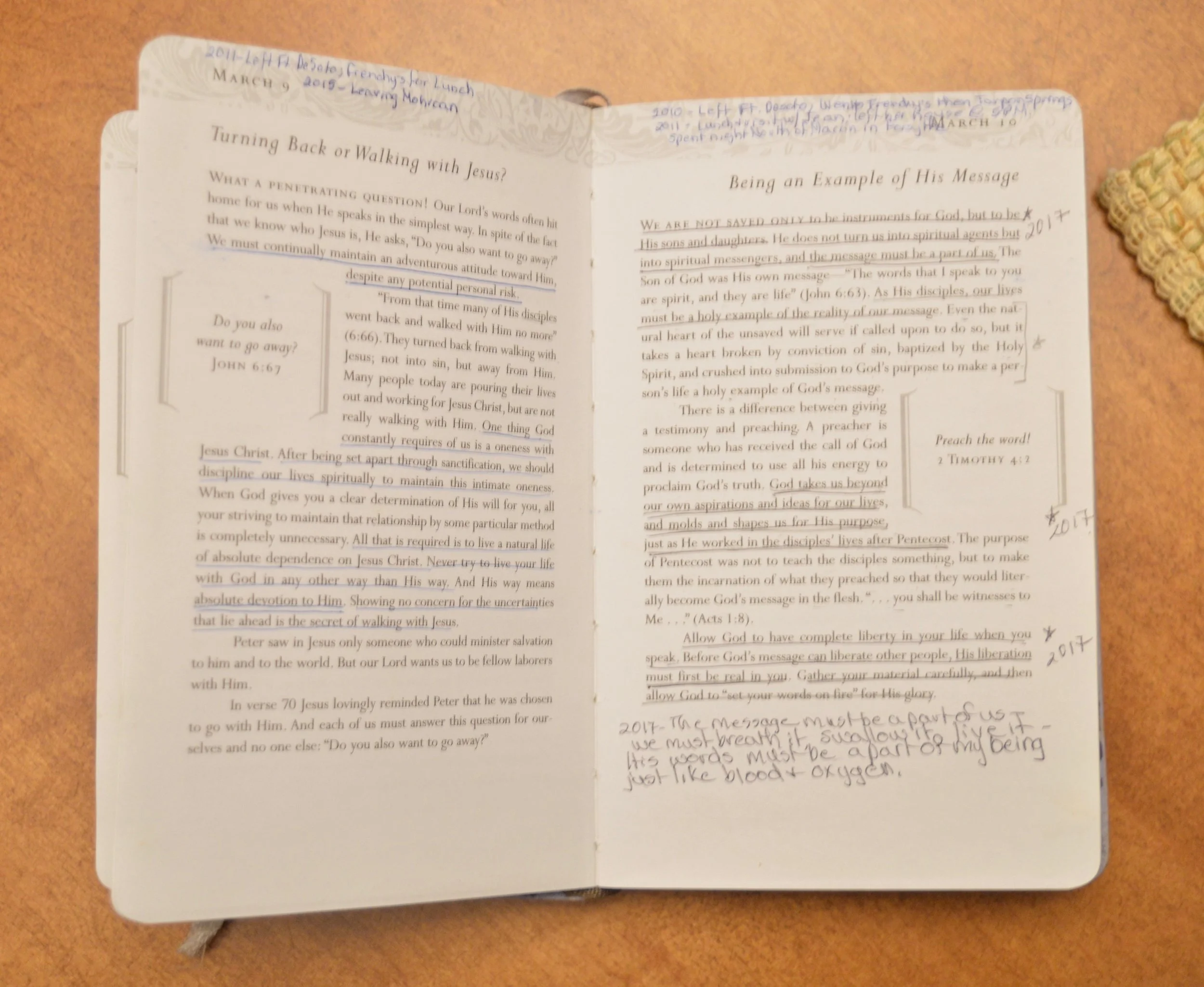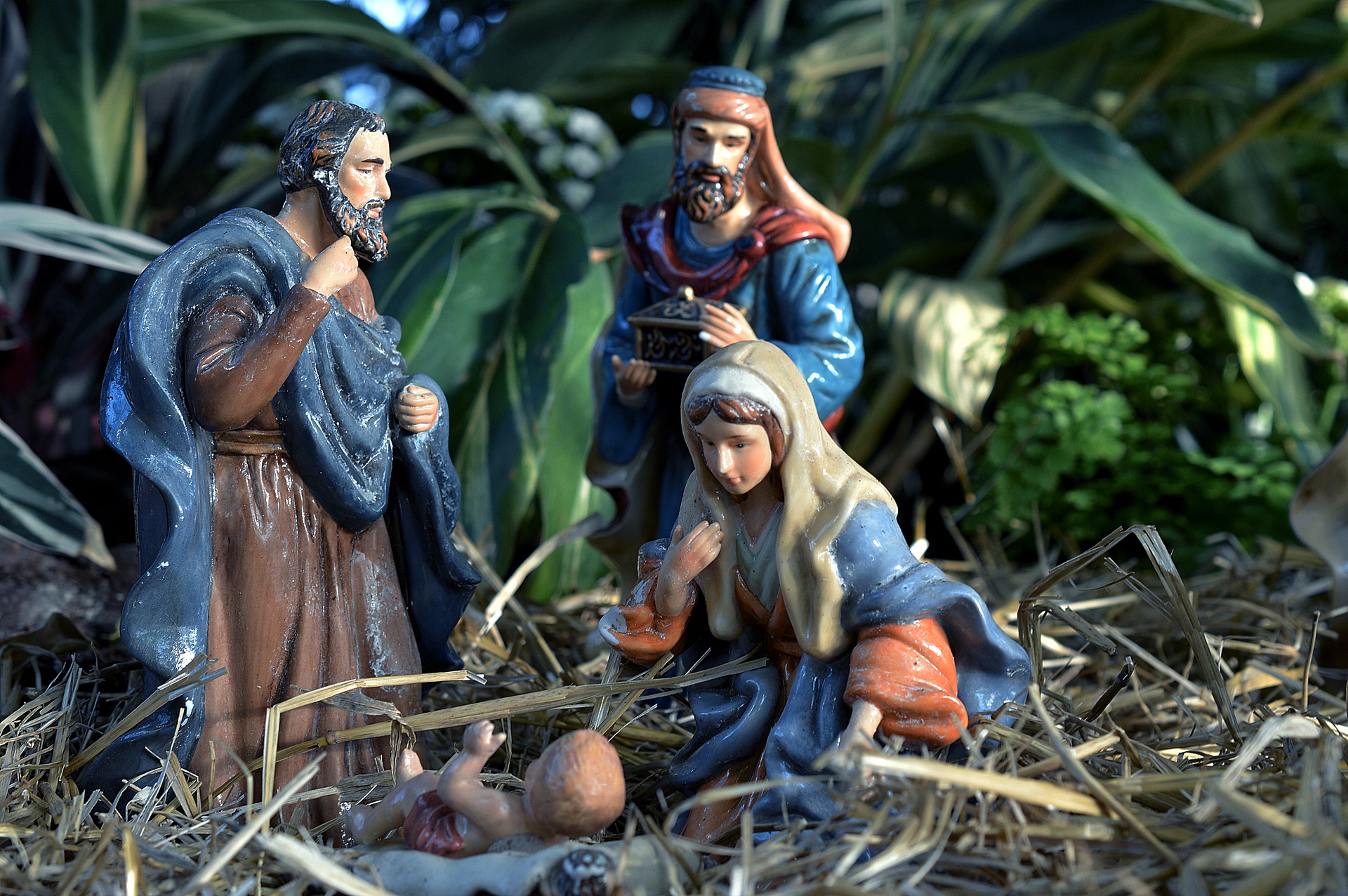Pow! Biff! Sock! Crash! Holy Trouble Batman!
I am foregoing my Walking With the Psalmist post for this month in order to bring you another amazing and trouble filled episode of life! If you have been following my blog for a while now, then you know last May, my hubby and I attempted to take a vacation to Maine. We only got as far as Rochester, NY when I gave birth to a kidney stone. Ouch! Not knowing for sure if the kidney stone passed, I ended up spending a night in the hospital and we made our way home, feeling down and discouraged.
Pixabay
Fast forward to May of 2018. Here we are again, planning a vacation, this time to my husband's old stomping grounds in various spots around Wisconsin. We were going to camp, hike, and visit with friends and family. Last week, I spent the entire week taking care of my grandson, who came down with whatever the going virus was at the moment for a week long battle with fatigue, fever, runny nose and loss of appetite. Guess who got sick this past Friday? Yup! Me.
Pixabay
I did my usual regimen of echinacea tea, Zicam and other supplements to try to quicken the down time and speed up healing. No such luck! Today, I developed a fever, though I think I may have had one earlier. Today, I took my temp and it said, 99.5. Now, as you know that is not a high temp, but it is enough to make one feel pooky and even make my skin hurt. In addition to that I spent the night on the couch, coughing. I have always been a cougher. I had childhood asthma and I still think my bronchial tubes get especially irritated when I am sick.
We were supposed to leave on vacation Thursday, but I am thinking maybe Friday or Saturday. Ugg! I'm sorry. I feel like I am complaining all the time and I don't mean to. I just feel that real life is happening all around and it is not always pretty or easy. Maybe when you read my stories of woe I will help you realize, you are not alone! We are all struggling through this journey together and I want you to know, I get the hard bits!
So when I started thinking about this post, I couldn't help but think of the old campy Batman and Robin show. Those of you who are my age will remember the silly fight scenes with the cartooned in words, "Pow!" "Biff!" and "Sock!"
The reality is, my life is more like that colorful show of the the 1960's, than what some people are going through. We know more than one person who is battling cancer, several who already know they aren't going to make it. People struggle with such hurts, illness and pain, that I cannot even begin to imagine, but I understand. Sometimes life just sucks! For reals!
This morning, when I was standing in the shower, feeling like crud, I turned my eyes to Jesus. I went back to the basics. I confessed my discouragement and frustration, I praised His name, and then I thanked Him. I thanked Him that I had a comfy couch, a blanket and a pillow to spend the night on. I wasn't coughing and shivering in a box in some alley. I thanked Him for the hot water that felt comforting to my tired and achy body. I thanked Him that, although this morning I wasn't able to keep my shopping and lunch date with one of my daughters, I was able to lay on the couch and watch Netflix.
“in everything give thanks. For this is God’s will for you”
I can't remind you (and me) of this verse enough! Even when we are getting struck down and beaten on all sides, it is God's will that we give thanks. I would make the distinction that it says, "in everything give thanks," not "give thanks for everything." I have heard people say you should thank God, even for the bad stuff, but I think it is more the case that when we are going through the bad stuff we continue to give thanks. That, my dear sisters, is what will keep us standing and keep us focused on Him.
I hope that we will still be able to get away in the next few days, but even if we don't, I feel that once again, God is who God is and He is trustworthy. I hope you will find Him trustworthy as well.




































































